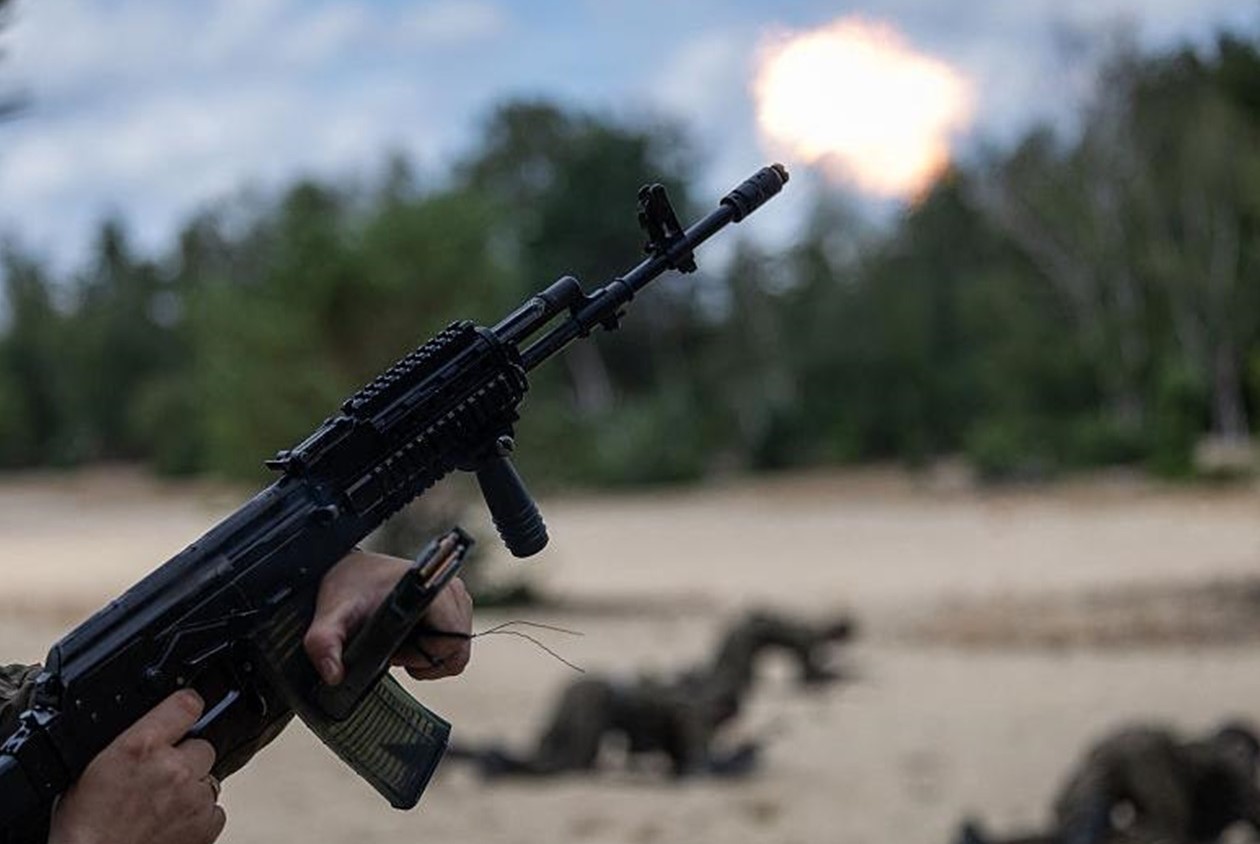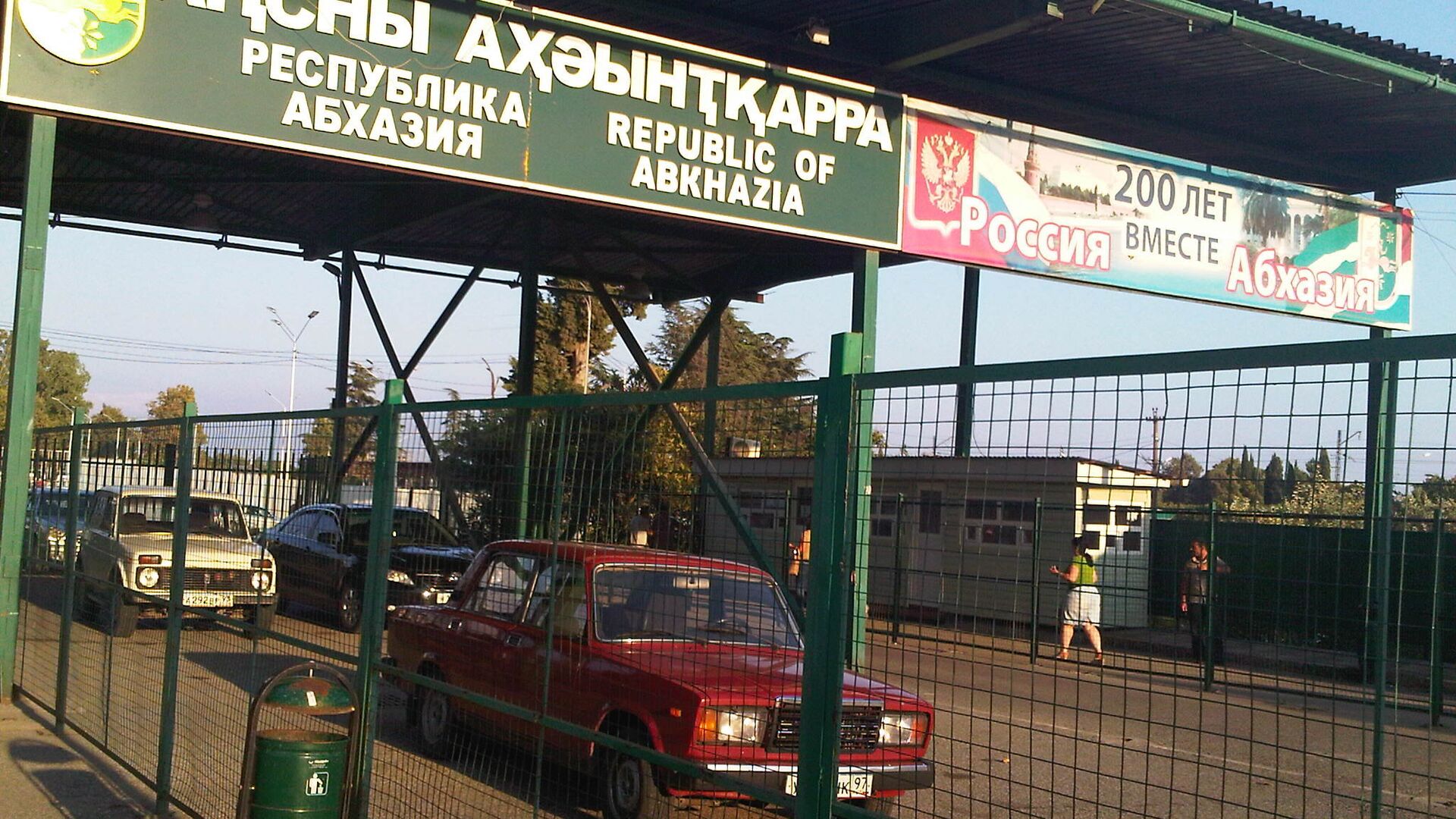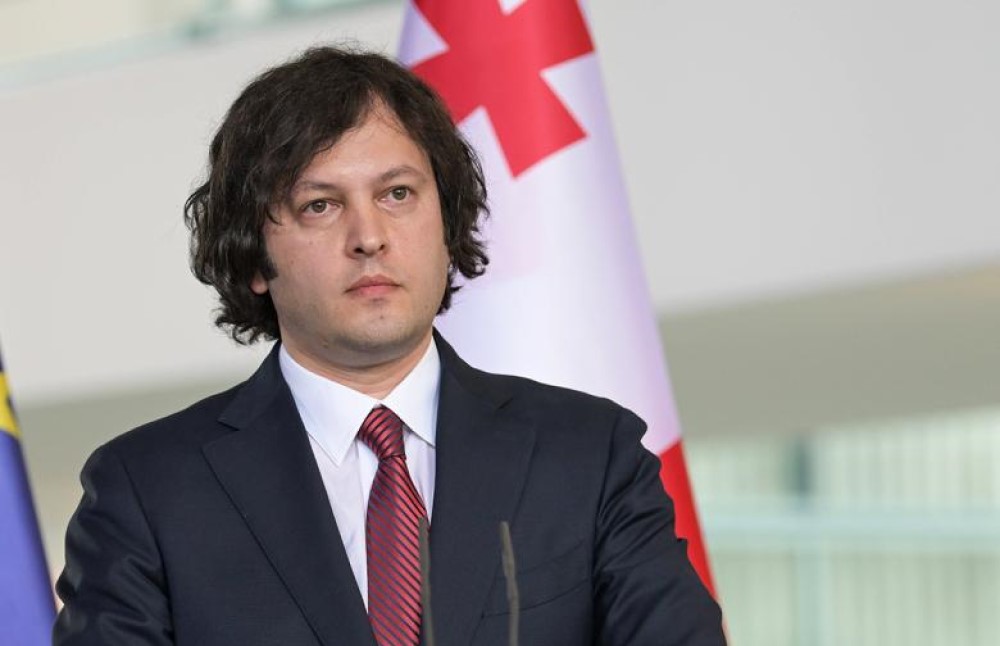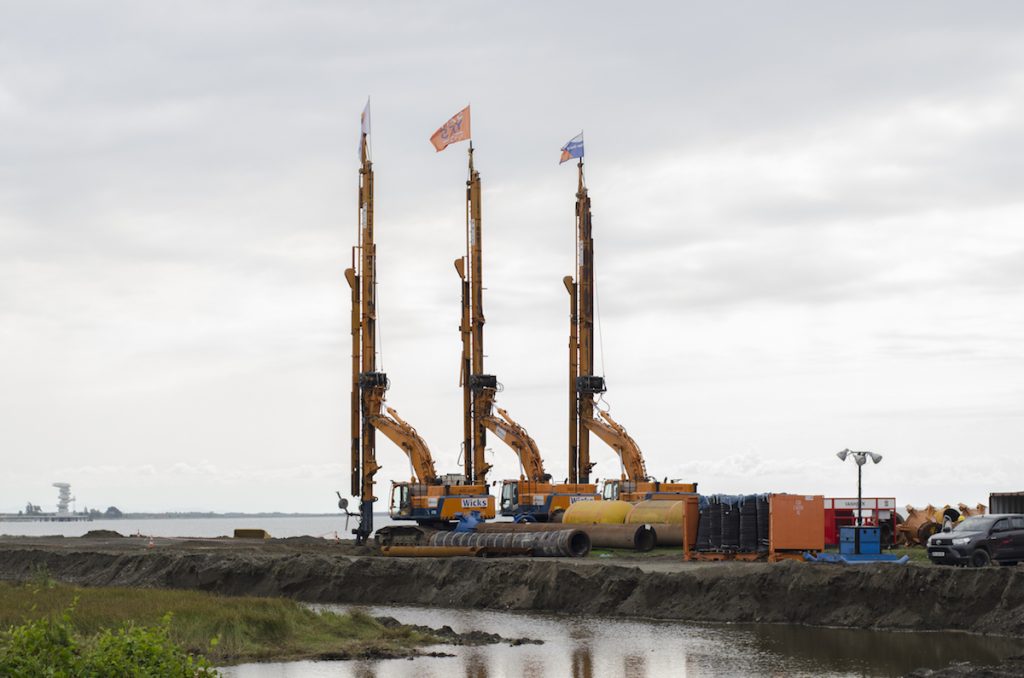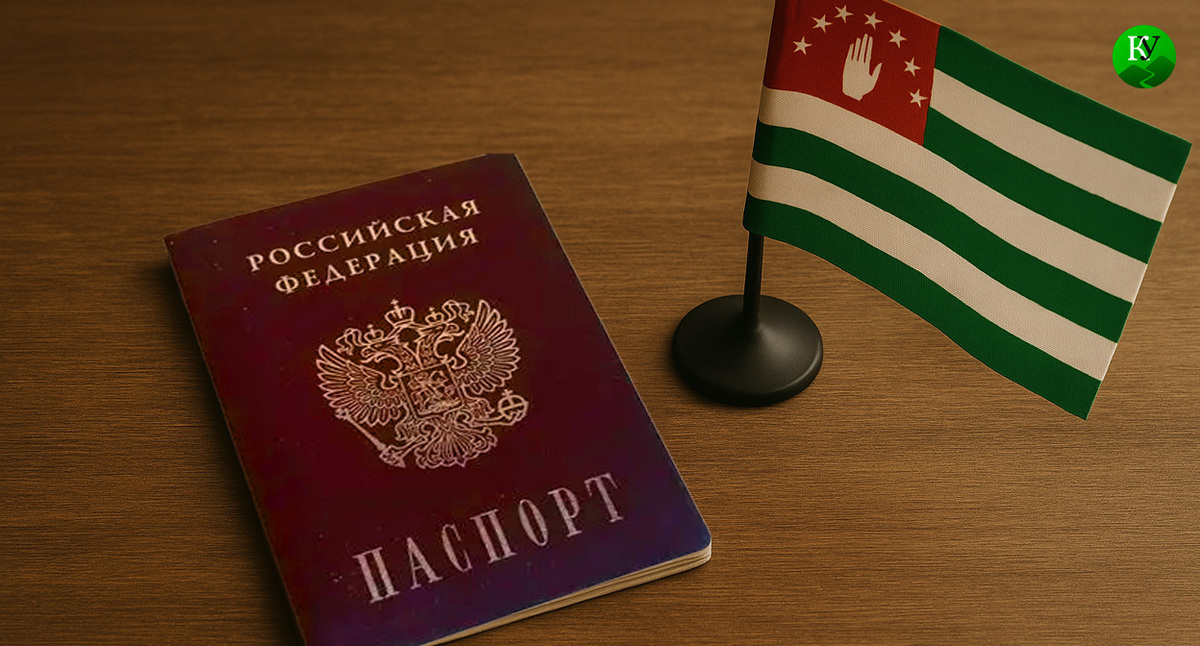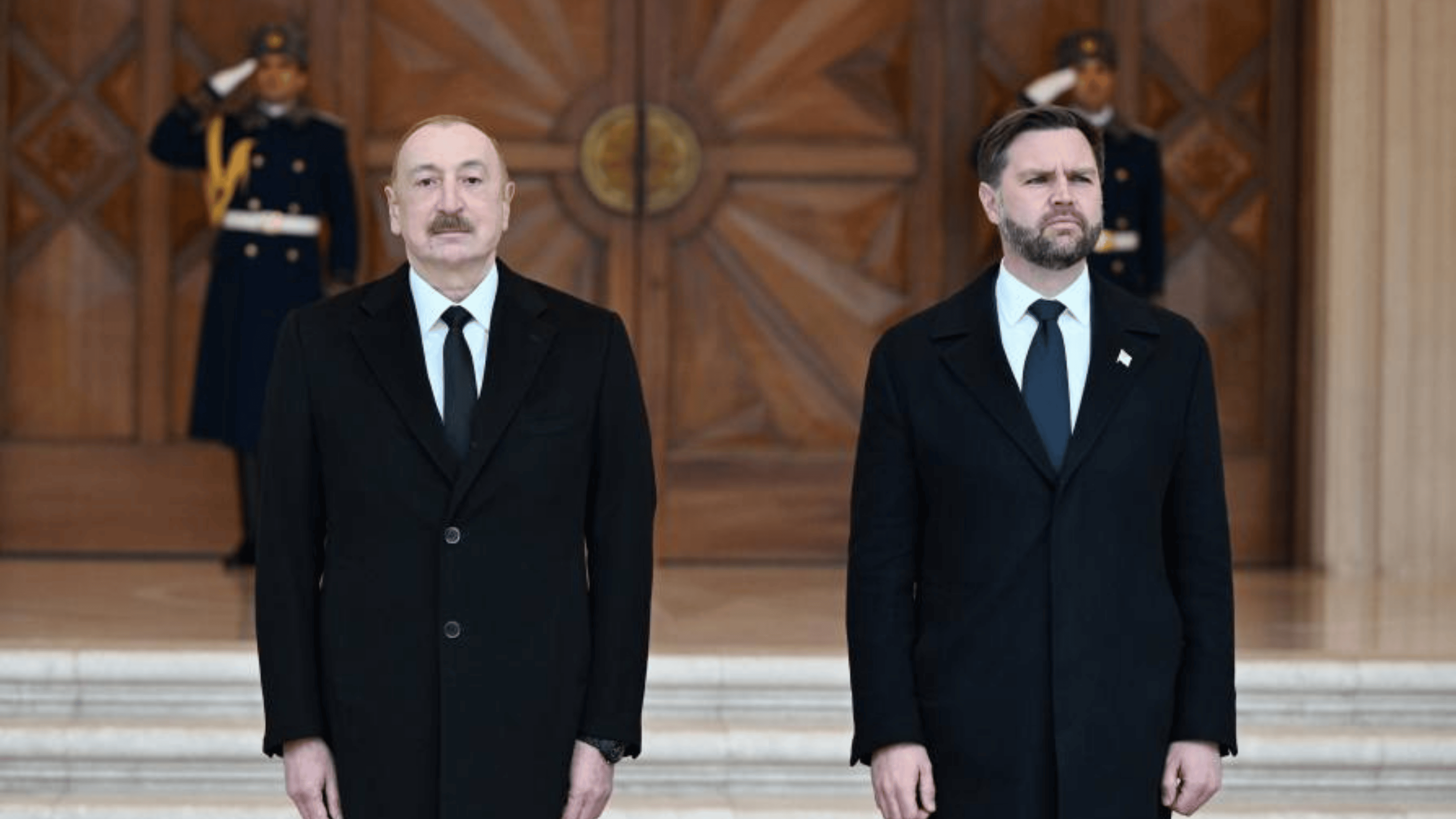“Abkhazia can’t afford a huge army – the people must be militarised.” An opinion from Abkhazia
Abkhazia security concerns
Amid a surge in Ukrainian drone attacks on Russian regions close to Abkhazia, anxiety is growing in the republic.
Tengiz Jopua, a member of Abkhazia’s Public Chamber and a former security officer, analysed the situation on the Telegram channel Apsny Khabar, assessing readiness to respond to possible threats and outlining his concept of resistance.
His conclusion is largely pessimistic: Abkhazia’s security is not guaranteed, and protecting its citizens is up to the citizens themselves.

Tengiz Jopua: “We have air defences, but far too few”
“I share society’s concern over security, given the growing number of drone attacks on neighbouring territory. It is already known that the flight path of some of these drones runs through Abkhazia. What is especially troubling is the appearance of aerial footage of our restricted sites in the public domain. It seems a Ukrainian drone was able to circle freely at an altitude of under a kilometre over our territory, including areas that should be under strict airspace control.
In my view, Abkhazia itself has no strategic targets in the context of the war between Russia and Ukraine, and there is little interest in us. But when you are responsible for your republic’s security, you must assess threats realistically, so as not to turn one problem into a bigger one.
I don’t take the defence ministry’s claims that they are “ready for anything” seriously. As far as I know, Abkhazia has very few air defence systems – so few that, in practice, we have almost nothing to protect our airspace.
There is another security concern: the debris of a downed drone falls to the ground. That can destroy buildings, cause fires and kill people. So whether to shoot drones down or not is a very difficult decision. Those who insist that all drones must be brought down fail to take this into account.
And what about the authorities’ actions?
I don’t see any real action from them. I know the Security Council held a meeting and decisions were made to create a warning system. But the civil defence structures we inherited from the Soviet Union are now in a dire state. Many facilities have been destroyed or privatised, there are no bomb shelters, and the public has little information on what to do in an emergency.
During one of the attacks on Russia’s Adler district, I happened to be there, and I was impressed by how the warning system worked. You receive a message on your phone, alarms sound, and the local authorities actively engage with residents. This reduces panic and creates a sense that the situation is under control. Sadly, we have nothing like that. When our society was discussing the danger, our authorities stayed silent.
What kind of security system does Abkhazia need?
The development of Abkhazia’s armed forces must be closely tied to civil defence.
Our current security structure does not match Abkhazia’s size or resources. We cannot afford a regular army with heavy equipment, aircraft, vast weapons depots and a host of generals. Besides, modern wars have shown that such forces are easily destroyed. We need a different approach.
Since we cannot maintain a large army, our strength lies in our citizens, in a people’s militia. I believe society must be fully militarised: every citizen, regardless of gender, should be a unit of defence. Every house, hill, cave and gorge can serve as a firing position.
This model is known as a militia system, used in countries like Switzerland and Israel. We should all be an army living civilian lives but ready for war at any moment.
And, of course, civil defence facilities must be restored and taken back from private hands – something that should have been done long ago.
What hopes does Abkhazia place on Russia?
Abkhazia has a treaty of alliance and strategic partnership with Russia, an agreement on joint border protection, and a deal on a Russian military base on its territory. These documents set out steps important for Abkhazia’s defence and the creation of fully fledged armed forces. But, unfortunately, they have not been implemented.
Our habit of shifting responsibility will destroy us sooner or later. The issue of guarding the state border must be solved by ourselves – with Russian support if possible, but primarily by our own means.
When it comes to defence and state security, we must rely only on our own resources and capabilities.”
Toponyms, terminology, views and opinions expressed by the author are theirs alone and do not necessarily reflect the views and opinions of JAMnews or any employees thereof. JAMnews reserves the right to delete comments it considers to be offensive, inflammatory, threatening or otherwise unacceptable.










